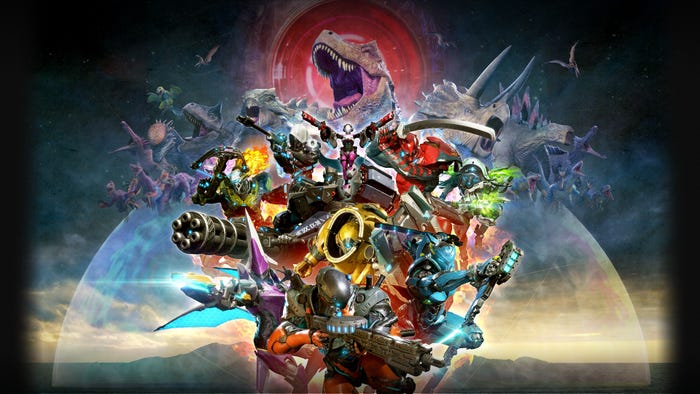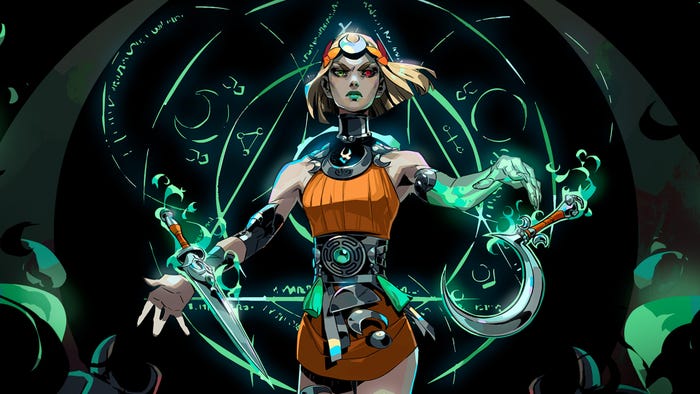Design and Criticism: the future of Game Studies
Wherein I outline my own personal view of the uncharted territory which Game Studies should seek to claim...

The history of the development of many academic fields can be (rather grossly) summed up as follows: it is like one who is stumbling around in the dark, with the friction of each bump providing a little more heat, until suddently a flame ignites, lighting the stumbler's way - they now see clearly their path and the obstacles. Ok, that was, maybe, a lame metaphor, but it contains a bit of Truth. I believe that Game Studies as a discipline is currently in the beginning phases of such stumbling; an important point: no PhD in Game Studies has been issued to date. What will this developing field look like, and what will it mean for game designers?
To answer that, we must first see what the field of Game Studies looks like now: there are the Ludologists and Narratologists, who seek to study video games in and of themselves, albeit with rather different approaches. These folk are a variegated bunch: some are academics, some working professionals, others are knowledgable gamers who are also adept bloggers. Then there are traditional academics: Sociologists, Psychologists & Psychiatrists, Media Studies, and Economists, who look not at the games for their own sake, but rather at the impact they have on players and the 'real world'.
So we see that there are two main branches of study: what we might call Game Criticism, and what might be labeled the Interdisciplinary Study of Games. The bulk of the articles printed within academic journals are of the latter sort; they approach the effect of games on players and society at large from a variety of disciplines; and within those disciplines, they choose widely varying methodologies. Such a body of work can never coalesce into a single discipline; it's just as impossible as all of the social sciences being condensed into a single field of study.
So if much of the various work being done on Video Games cannot be grouped together under a single heading, can there be such thing as Game Studies? I believe that there can, but that it must apply itself to the criticism of games. I don't want to spark up the old narratology vs. ludology debate, so let me list the key points that I believe Game Studies must factor in when critiquing a game.
1)The size and roles of the design team. Who did what? Why?
2)Time/place of the game's creation. What were the historical (both social and technological) circumstances surrounding its creation?
3)The mechanics of player/engine interaction. What can the player(s) do? An important corollary is the engine(s) which are used.
4)The depth of narrativity. Does the gameplay generate or enact a story? What is the player's contribution to the story?
5)The visual and auditory aspects of the game. Do they add to or subtract from the player's appreciation of the mechanics and the narrativity?
6)The device(s) required to play the game. Is it an iPhone app, a consoler (which consoles), a PC game? What peripherals are required?
7)The intended player of the game. Is it a 'universal appeal' game, a workplace passtime, a social networking app, etc.? Is it single player, multiplayer, or both?
8)The intended meaning of the game. Is it a game 'with a message', does mean to impart knowledge, fufill a fantasy, etc.?
While the items on this list can each be expanded, and there may be other factors worthy of consideration, I believe that this programme of examination can yield fruitful results for the emergent field of Game Studies, clearly demarcating it from other academic disciplines. I further believe that such a line of development will aid game designers in their craft - there is no great artist who has been totally unaware of the traditions and practices of their forebears and critics. Slavishly applying this template in reverse will not produce a great game - but scholarship produced using it as a critical tool may in turn provide, whether directly or indirectly, inspiration to future game designers.
About the Author(s)
You May Also Like













